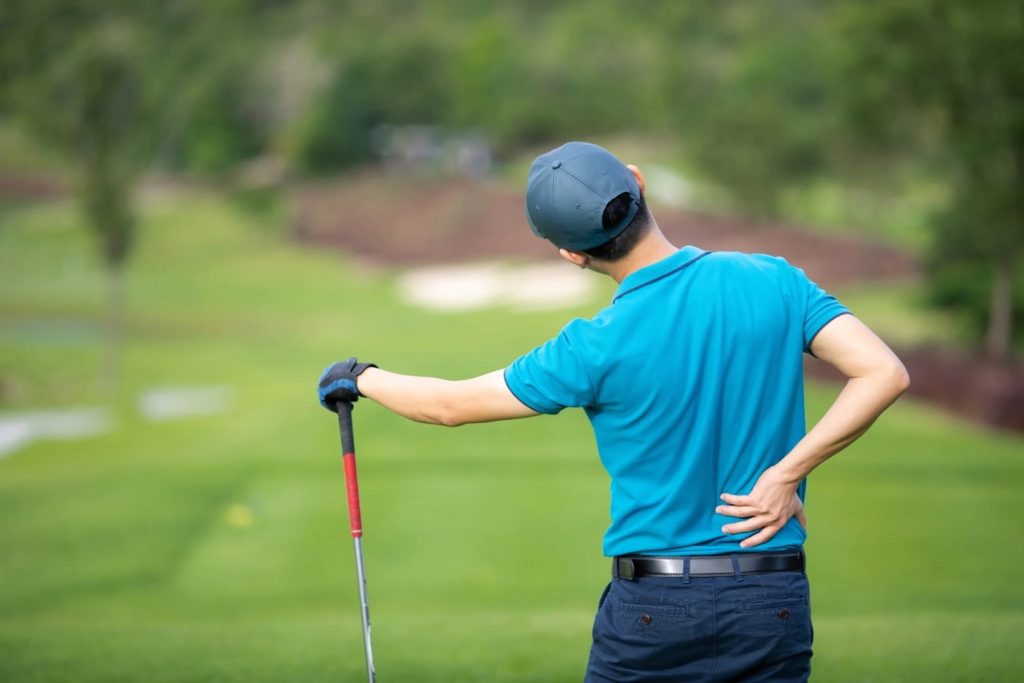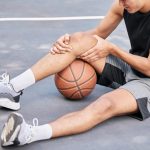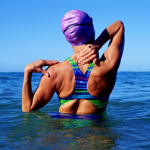
Golf is a sport which emphasises precision, balance, and controlled body movement. The asymmetrical version of the golf swing can place significant stress on muscles and joints. Golfers, especially those with improper technique or excessive play, are at risk of developing overuse injuries. Injuries commonly affect body parts like lower back, shoulders, elbows, wrists, and knees.
Causes and Risk Factors
Golf-related injuries often arise from a combination of repetitive movements, biomechanical imbalances, and improper form.
- Excessive rotational forces during the swing
- Poor swing mechanics or grip
- Lack of flexibility or muscular imbalance
- Inadequate warm-up or conditioning
- Overuse without gaining proper recovery
- Use of ill-fitting clubs or equipment
Common Injuries Due to Golf
Low Back Strain
Definition: Lumbar muscular or disc strain from repetitive spinal rotation.
Cause: Excessive twisting during swing phases, prolonged posture.
Symptoms: Dull ache or a sharp pain in the lower back, which worsens with movement or prolonged activity.
- Golfer’s Elbow (Medial Epicondylitis)
Definition: Inflammation of tendons on the inside of the elbow.
Cause: Repetitive wrist flexion or gripping during swings.
Symptoms: Pain over the medial elbow, tenderness, and weakness in grip.
- Rotator Cuff Tendinopathy
Definition: Overuse muscle injury involving the rotator cuff muscles in shoulder.
Cause: Repetition of overhead or motions in a swinging manner.
Symptoms: Shoulder pain, during movements like lifting, rotating, or backswing.
- Wrist Tendinitis
Definition: Tendon inflammation in the wrist due to overuse.
Cause: Repeated wrist motion, improper grip pressure.
Symptoms: Wrist pain, swelling, reduced grip strength.
- Knee Pain
Definition: Strain or irritation of internal knee structures.
Cause: Twisting of the knee during follow-through, especially in the lead leg.
Symptoms: Pain, stiffness, instability or swelling, particularly after playing.
- Shoulder Impingement
Definition: Pinching of soft tissue structures in the shoulder joint.
Cause: Poor follow-through mechanics or muscle imbalance.
Symptoms: Pain during overhead movements, weakness or even clicking in the shoulder.
- Neck Strain
Definition: Muscle or joint strain in the cervical spine.
Cause: Poor posture during play, sudden jerky movements.
Symptoms: Neck stiffness, limited range of motion, and expanding pain to the upper back or arm.
- Trigger Finger
Definition: Inflammation or swelling of tendons in the fingers.
Cause: Repeated gripping or forceful finger use.
Symptoms:
Pain, stiffness, or catching sensation while bending or extending the Finger.
Diagnosis
Clinical examination of movement patterns
- Palpation of affected joints and muscles
- Strength and flexibility testing
- Imaging (e.g., ultrasound, X-ray, MRI) in persistent or complex cases
Treatment
Rest and temporary cessation of golfing
- Cold therapy and NSAIDs to reduce inflammation
- Physiotherapy to address muscular imbalances and flexibility
- Technique correction and grip modification
- Bracing or support in specific cases (e.g., elbow or wrist straps)
Prevention
- Proper warm-up with dynamic stretches
- Regular strength and flexibility exercises for core, shoulders, and hips
- Swing technique refinement with professional guidance
- Correct grip pressure and posture
- Avoiding overuse and ensuring adequate recovery between games
- Using ergonomically fitted clubs and appropriate footwear
Conclusion
While golf is generally considered as a relatively safe sport, movements in a repetitive order, overuse, and poor mechanics can still result in musculoskeletal injuries. Golfers should consult a healthcare professional for personalised management and rehabilitation strategies if pain continues.
For enquiries and online appointments, send a message to www.DrAyyappanVNair.com/contact
For informative videos related to Shoulder problems and their treatment options, Sports Injuries and other orthopedic conditions, visit our YouTube channel Bangalore Shoulder Institute – https://www.youtube.com/@BangaloreShoulderInstitute


